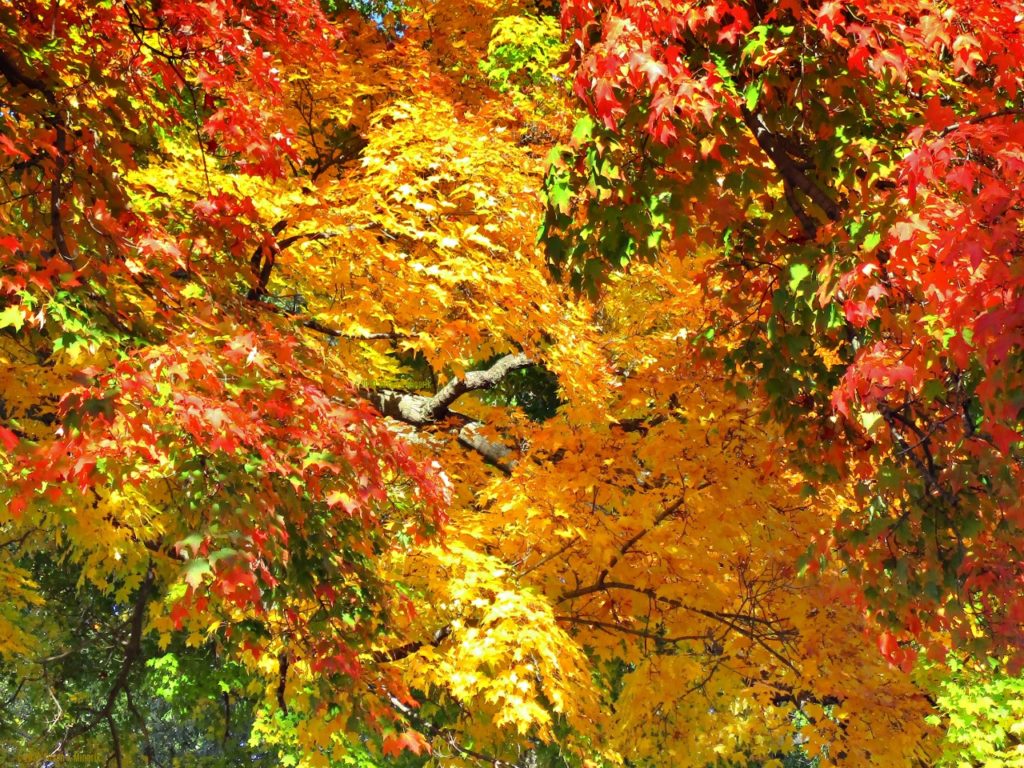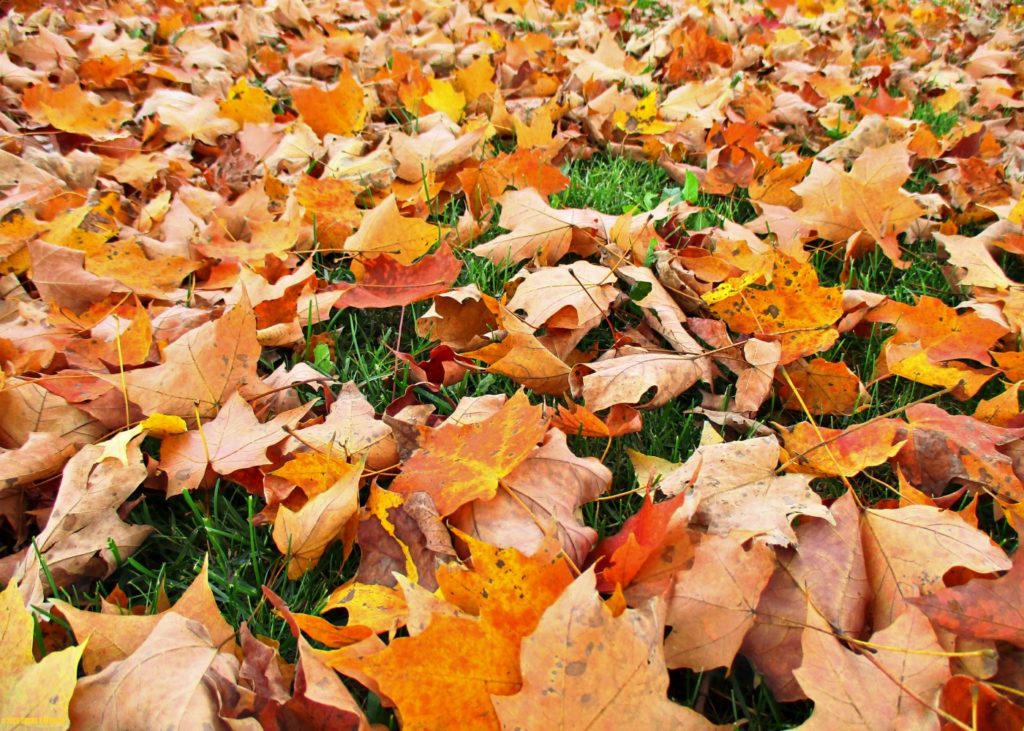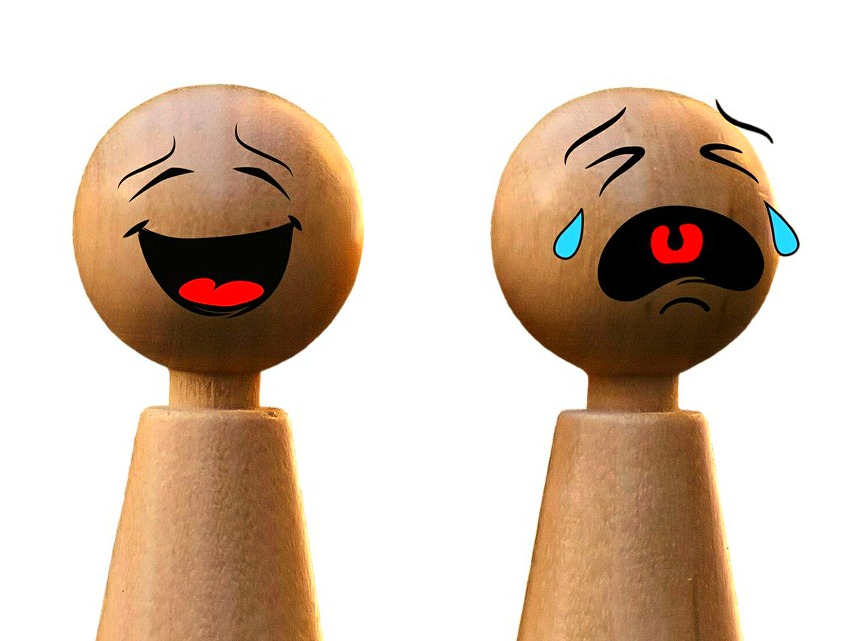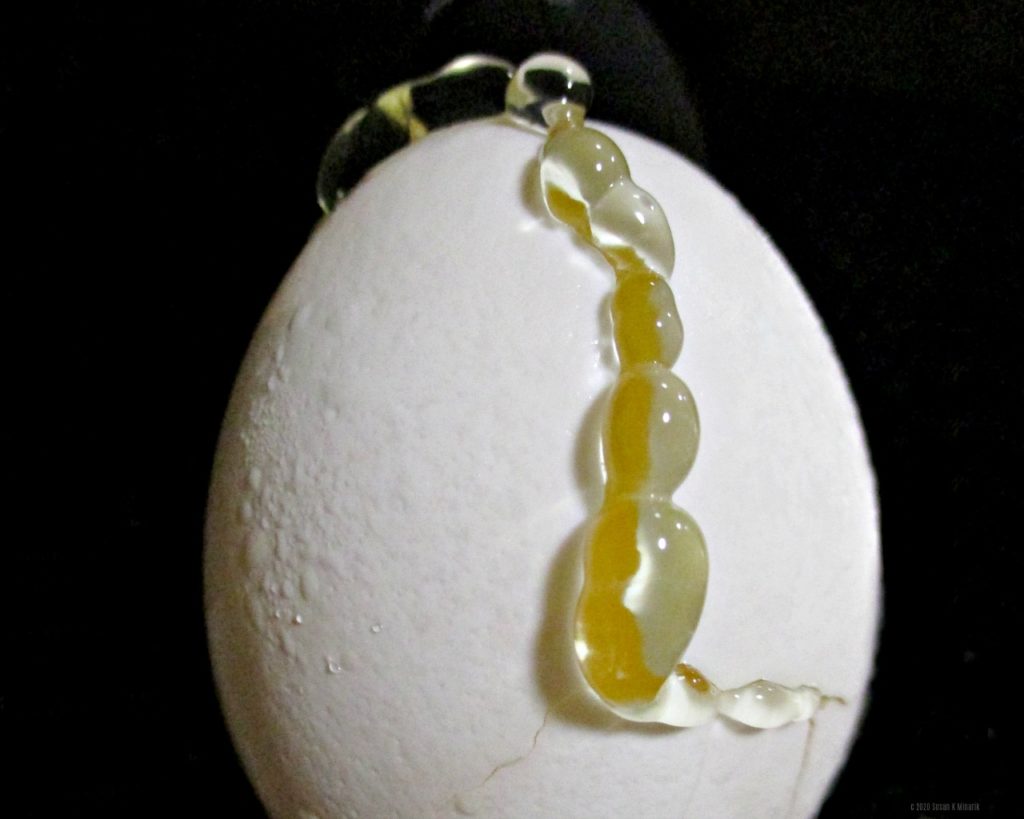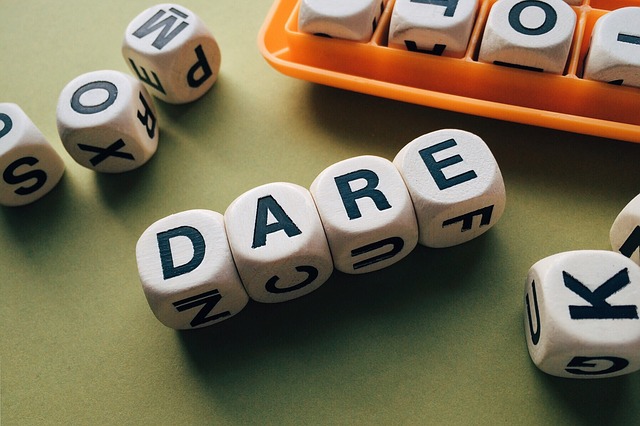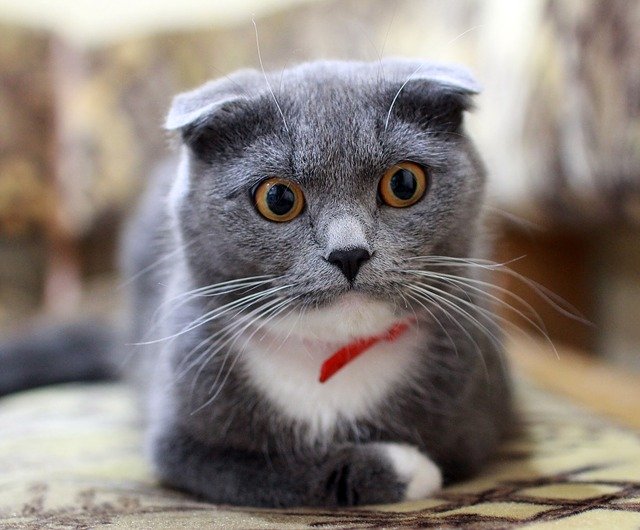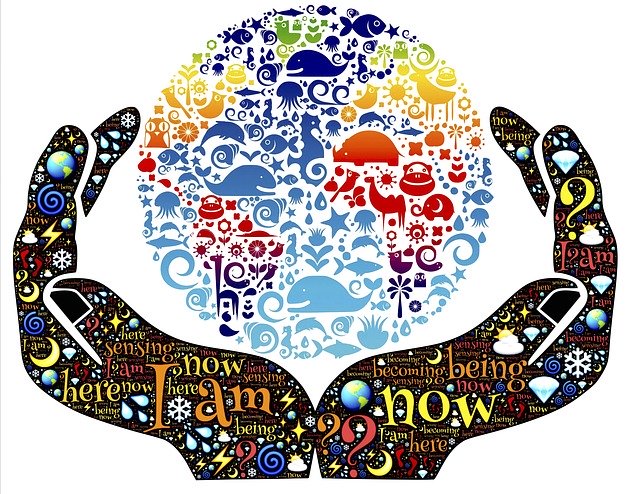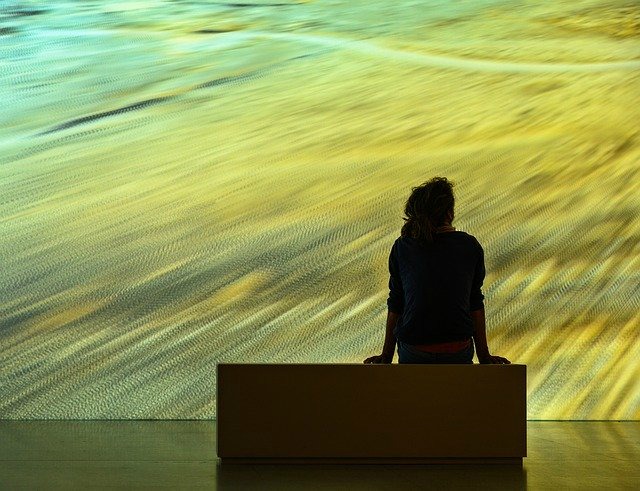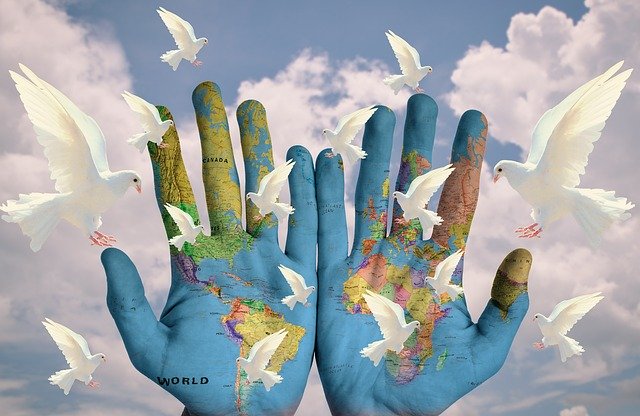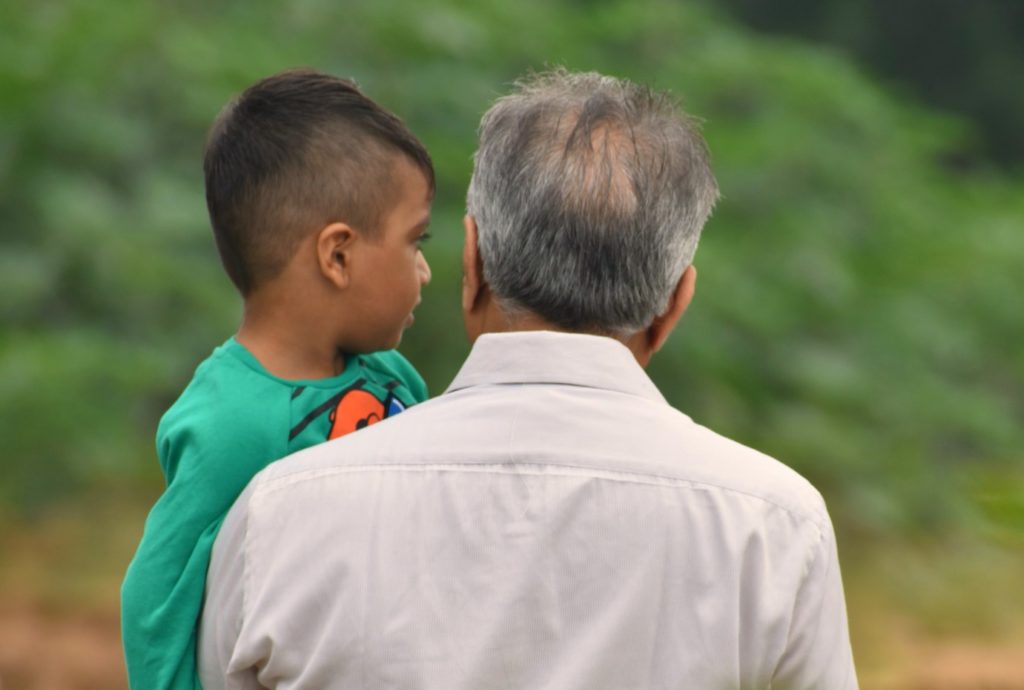
Here’s my quote of the week for you. It’s from Neale Donald Walsh:
“What would love do now?
This is a marvelous question. It washes away all doubt. It bathes the mind with the wisdom of the soul.”
Tuck that one in your pocket and carry it with you everywhere you go. Start your day with it. When you let it guide your actions and words, you’ll be a joy to everyone you encounter. And when you remember it too late, it will show you how to repair whatever damage has been done.
Love comes in an endless variety of forms and can express itself in countless ways. An email a friend sent me a few weeks ago touched me with the insight the purest among us–our children–have about it. I stumbled across it again today and thought I’d share it with you. It made me laugh and it touched my heart, and I hope it will do the same for you. I’m sorry I can’t credit the source, but I offer my happy thanks to the person who compiled it.
Here it is. Enjoy!
A group of professional people posed this question to a group of 4 to 8 year-olds, ‘What does love mean?’
The answers they got were broader, deeper, and more profound than anyone could have ever imagined!
‘When my grandmother got arthritis, she couldn’t bend over and paint her toenails anymore. So my grandfather does it for her all the time , even when his hands got arthritis too. That’s love.’ Rebecca- age 8
‘When someone loves you, the way they say your name is different. You just know that your name is safe in their mouth.’ Billy – age 4
‘Love is what makes you smile when you’re tired.’ Terri – age 4
‘Love is when my mommy makes coffee for my daddy and she takes a sip before giving it to him , to make sure the taste is OK.’ Danny – age 8
‘Love is what’s in the room with you at Christmas if you stop opening presents and just listen.’ Bobby – age 7 (Wow!)
‘If you want to learn to love better, you should start with a friend who you hate.’ Nikka – age 6 (we need a few million more Nikka’s on this planet)
‘Love is like a little old woman and a little old man who are still friends even after they know each other so well.’ Tommy – age 6
‘During my piano recital , I was on a stage and I was scared. I looked at all the people watching me and saw my daddy waving and smiling. He was the only one doing that. I wasn’t scared anymore.’ Cindy – age 8
‘Love is when Mommy sees Daddy smelly and sweaty and still says he is handsomer than Robert Redford.’ Chris – age 7
‘Love is when your puppy licks your face even after you left him alone all day.’ Mary Ann – age 4
‘I know my older sister loves me because she gives me all her old clothes and has to go out and buy new ones.’ Lauren – age 4
‘When you love somebody, your eyelashes go up and down and little stars come out of you.’ (what an image) Karen – age 7
‘Love is when Mommy sees Daddy on the toilet and she doesn’t think it’s gross.’ Mark – age 6
‘You really shouldn’t say ‘I love you’ unless you mean it. But if you mean it, you should say it a lot. People forget.’ Jessica – age 8
And the final one: The winner was a four year old child whose next door neighbor was an elderly gentleman who had recently lost his wife. Upon seeing the man cry, the little boy went into the old gentleman’s yard , climbed onto his lap, and just sat there. When his Mother asked what he had said to the neighbor, the little boy said, ‘Nothing, I just helped him cry.’
Wishing you a week where love guides you and fills your heart to overflowing.
Warmly,
Susan
